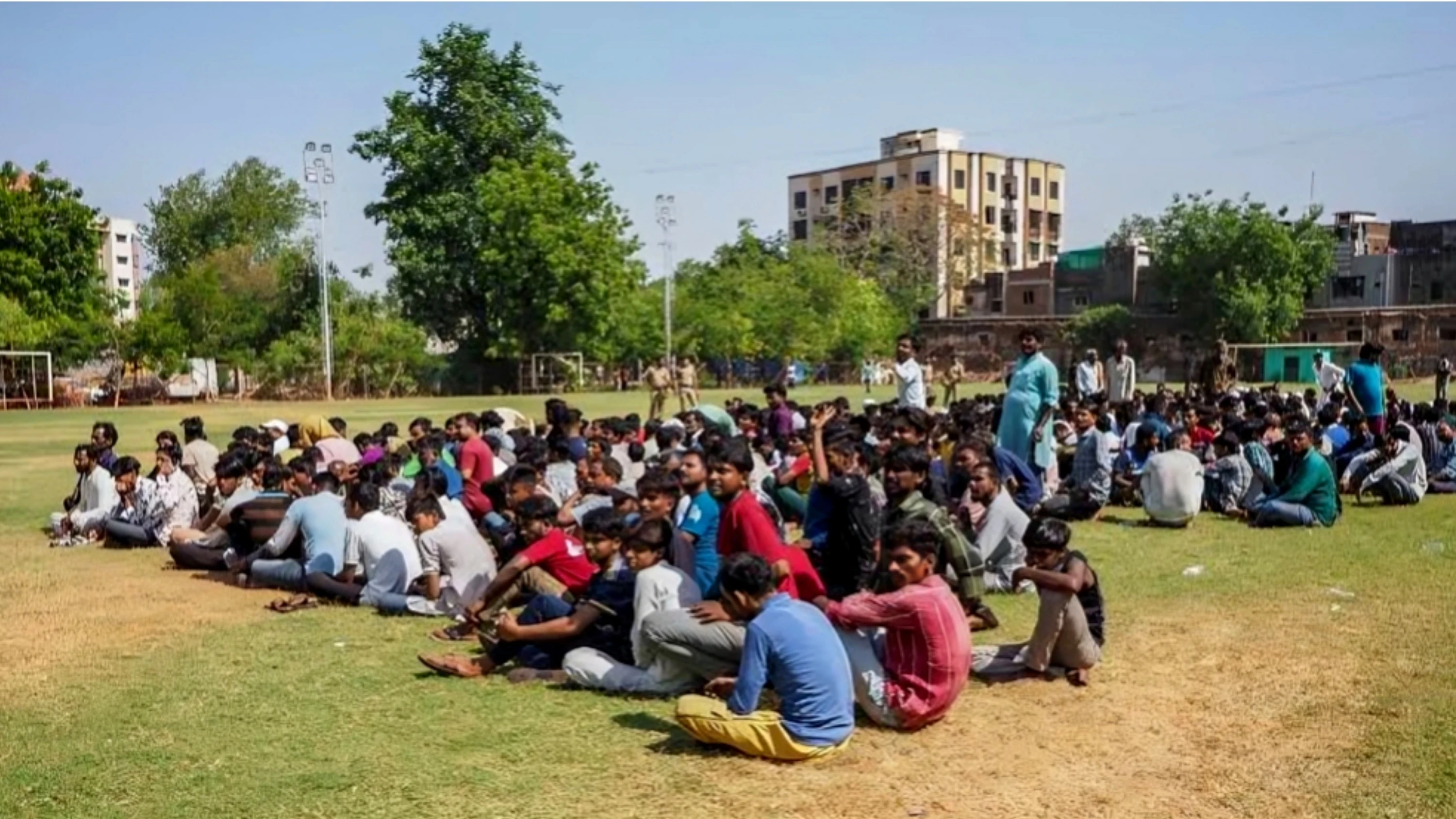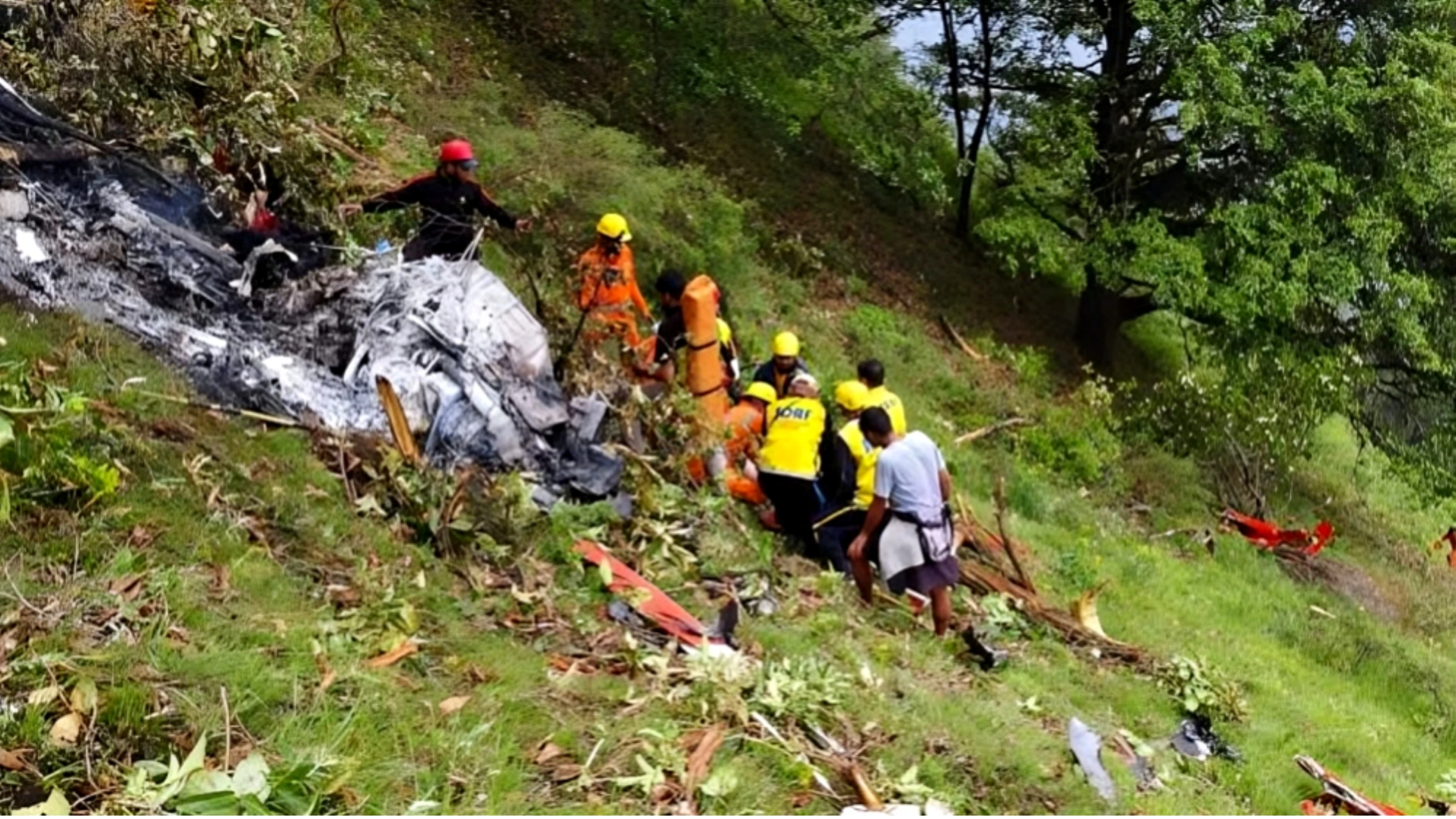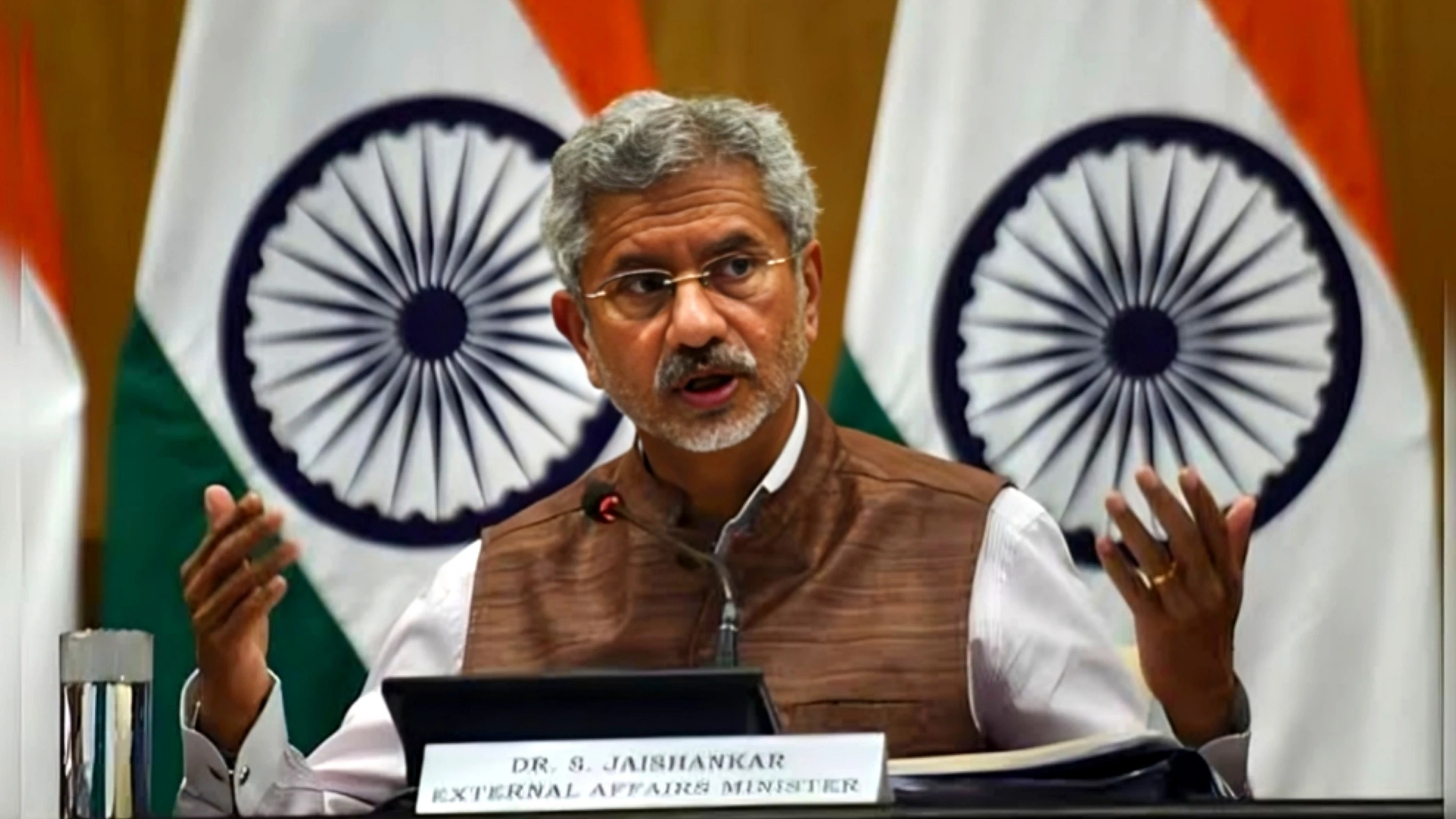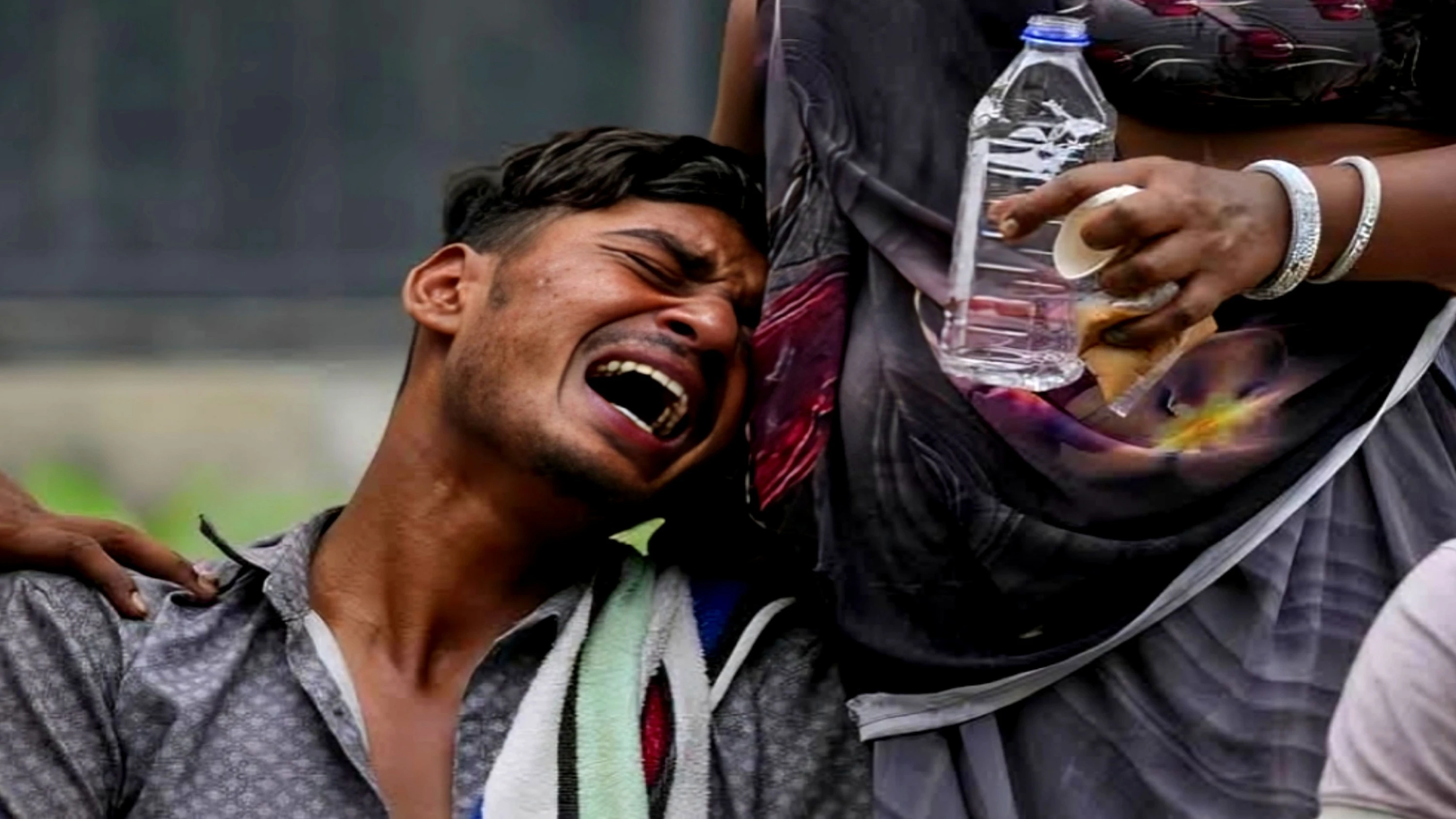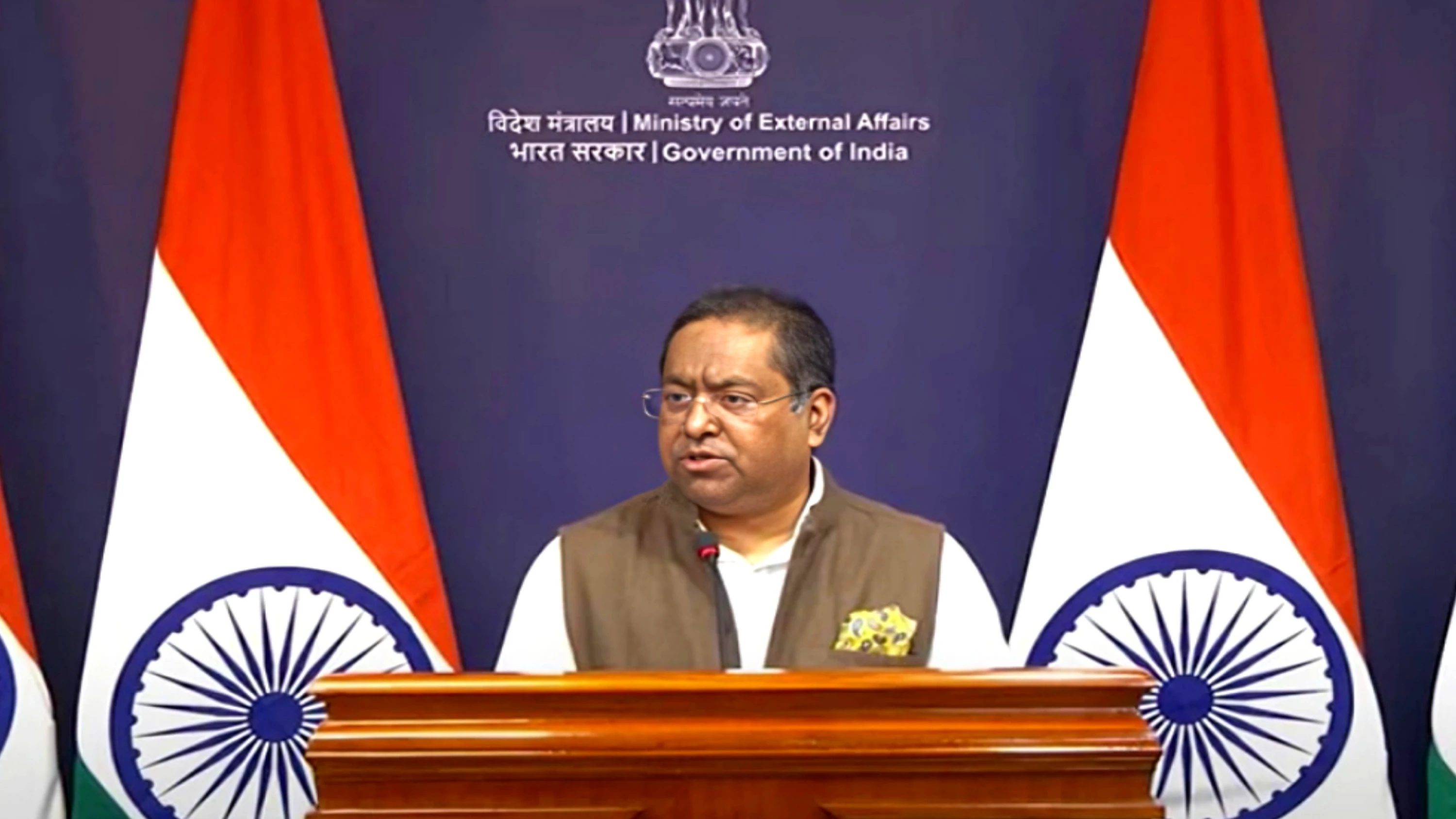Guwahati: Indian authorities have begun deporting individuals identified as illegal immigrants to neighboring Bangladesh, a move that has sparked sharp criticism from human rights activists who say the process is arbitrary and unfair.
Since May, the northeastern state of Assam has expelled 303 individuals to Bangladesh, out of a total of approximately 30,000 people previously declared as foreigners by state-run tribunals, according to a senior official. Many of those expelled are long-time residents of Assam with deep community ties, including land ownership and family networks, and trace their ancestry to Muslim-majority Bangladesh.
Activists allege that the deportation drive disproportionately targets Muslims, with many unable to afford legal appeals against tribunal decisions that have stripped them of citizenship.
The expulsions follow pressure from India’s Supreme Court, which in February questioned the Assam government’s inaction regarding the deportation of individuals labeled as foreigners. Assam Chief Minister Himanta Biswa Sarma told the state assembly this week that efforts to remove such individuals will intensify, emphasizing the need to “save the state” from demographic and resource strain.
Assam, which shares a 260-kilometre (160-mile) border with Bangladesh, has long been a flashpoint for ethnic and linguistic tensions, particularly between native Assamese speakers and Bengali-speaking migrants. The issue of citizenship has remained highly contentious in the region.
Sarma claimed no genuine Indian citizens would be affected. However, he acknowledged that at least four people deported to Bangladesh were brought back because their appeals were still pending in court.
One of them is Khairul Islam, a 51-year-old former schoolteacher who was declared a foreigner in 2016. Islam, who had spent two years in a detention centre before being released on bail, was picked up again by police in late May and forcibly pushed across the border into Bangladesh. He described being blindfolded, handcuffed, and transported in a truck with others before being left in a remote area near the border.
According to Islam, Bangladeshi villagers found the group and alerted local border guards, who then confined the deportees in a buffer zone between the two nations. His wife later intervened with Indian authorities, resulting in his return. “I don’t know what happened to the others,” he said.
The crackdown on alleged illegal immigrants is not limited to Assam. Authorities in Ahmedabad, a major city in the western state of Gujarat, reported identifying over 250 undocumented Bangladeshis. "Deportation proceedings are underway," said senior police official Ajit Rajian.
While the Indian government continues to maintain that it is enforcing legal rulings, human rights defenders argue the state is risking wrongful expulsions in a deeply flawed process.

